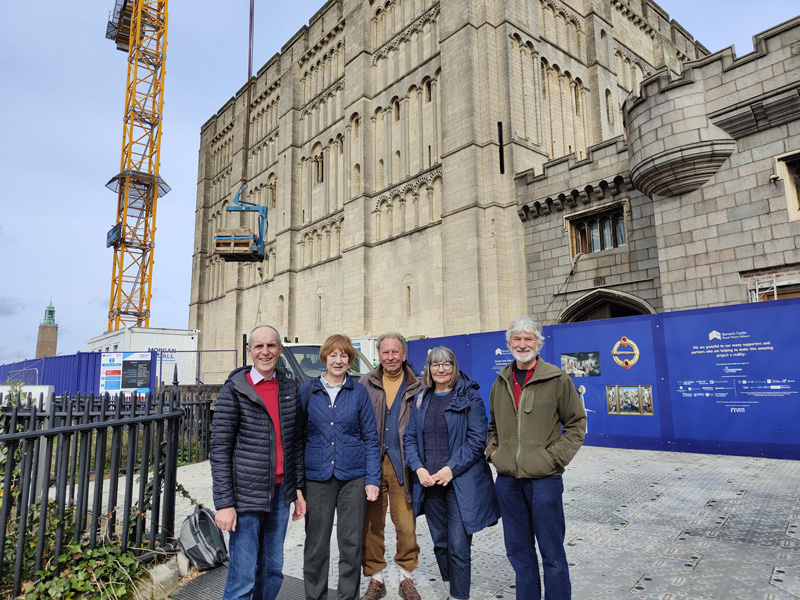
Each PCT will remain as a statutory body and keep its own Board. The Chief Executive of NHS Norfolk, Andrew Morgan, will become Chief Executive of both PCTs. He will be required to put in place a single team of Executive Directors over the coming months. Each PCT will keep its own financial allocation to buy services to improve the health of its population. The cluster of PCTs will deliver increased efficiency and keep the best staff to support the major changes facing the NHS.
This unanimous decision has been agreed by NHS East of England following consultation with the PCTs and the new emerging GP consortia in the two counties, and it has the endorsement of the Chief Executive of the NHS, Sir David Nicholson.
Primary care trusts buy and manage healthcare for the community through agreed contracts with hospitals, community services and mental health providers. Patients can expect to see improvements in services as a result of the cluster because it means the two primary care trusts can reduce management costs and improve joint working.
Sheila Childerhouse, Chair of NHS Norfolk said: “Our two primary care trusts have worked very closely for a number of years, there are joint working arrangements already in a number of areas. There are also strong clinical links, with established clinical pathways and patient flows between Norfolk and Great Yarmouth and Waveney, so this clustering arrangement makes sense for the organisations and for patients.”
David Edwards, Chairman at NHS Great Yarmouth and Waveney said: “Clustering our two PCTs together is part of the local NHS preparing for the future. A single leader opens the way for the two PCTs to share skills and resources without the disruptive effects of a full-scale merger. PCTs across the country will all form clusters by June 2011.”
Andrew Morgan said: “This positive step will help us prepare for the future and ensure continued improvements in care for our patients.”
Moves to cluster health trusts are part of the Government’s plans to transfer most PCT commissioning responsibilities to new GP commissioning groups by 2013. If the Health and Social Care Bill is approved by Parliament, then PCTs will be abolished once the GP groups are up and running.
Sir Neil McKay, Chief Executive of NHS East of England, said: “This move enables the local NHS to prepare for a more streamlined future where GPs have more control and more money flows to the frontline as part of proposed reforms of the NHS.
“Regardless of these future changes however, it is a significant step forward in delivering greater efficiency for the people of Norfolk and Great Yarmouth and Waveney.”
Andy Evans, Chief Executive at HealthEast CIC, the GP consortium for Great Yarmouth and Waveney, added: “We support the clustering between the Great Yarmouth & Waveney and Norfolk PCTs. We look forward to working with our colleagues in Norfolk. It’s very important that GP consortia work together across borders to continue improving care for patients.”








